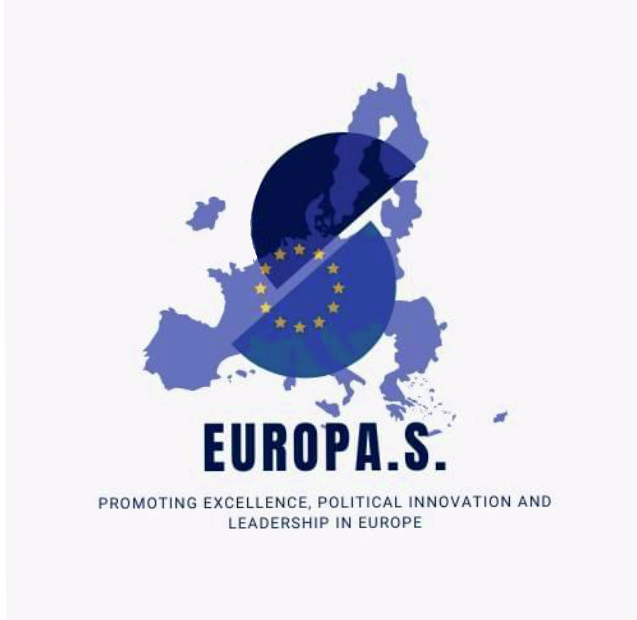The procedures in EUropa.S. 2016 just like the participation in every other academic event require a certain degree of preparation.
Knowledge of the Rules of Procedure is absolutely essential for the participation. As soon as the application is accepted it is very important to start getting accustomed with the rules. Each participant can either download them or request them from the Committee or Institution Board to be sent to them.
Understanding the agenda is the next step to a fulfilling and successful presence at EUropa.S. 2016. Each participant will have to represent a political party and debate for its benefit on the committee’s agenda. Obviously, it is necessary for the delegate to be fully aware of his/her party’s policy. The country’s interests should be taken seriously into consideration as well. So clarifying the agenda will prove essential in order to have a fruitful debate. Preparation for the agenda will be based upon the study guides, and relevant papers regarding the topic of each committee, which will be the ground for further personal research. The study guides will be published after the closing of the registration period.
Preparing a highly sophisticated vocabulary is also important. Of course, the organizing committee, the committee board and the professors will provide everyone with assistance, if needed. There is no reason at all for the total of participants to worry about their vocabulary or preparedness in order to participate in the simulation. The professors, the committee boards and the organizing committee will stand by the participants and provide assistance if and whenever needed. Moreover, before EUropa.S. 2016 several mock sessions will take place in order for delegates to hone their debating and negotiation skills.
Especially, the official procedures of EUropa.S. are the following
Opening ceremony
The conference starts with the opening ceremony in which the members of the organizing committee present themselves and explain the scope of the simulation. Distinguished guests, such as sponsors, professors, EU officials and civil society representatives are also invited to deliver a small welcoming speech, introducing their views on the initiative. The most important moment of the opening ceremony is when the organizing committee honors an eminent person that has contributed the most to the good function and mission of the EU.
Party session
Before starting their committee activities the MEPs hold a party meeting in which they elect their party leader. Then, after conducting a small discussion on each committee’s agenda, they try to formulate a written declaration which reflects the common policy guideline of the party.
Committee session
In the committee sessions, after debating and negotiating on the committee’s agenda, the MEPs prepare and vote on a “Committee report” which presents their views and conclusions on the subject.
Should a crisis erupt, the committees affected by this event, will be asked to handle it by proposing their ideas on a written statement.
Plenary session
In the plenary session all political groups meet together and discuss the results of their committee work. After presenting and commenting on each committee report, the MEPs are invited to vote on them. The reports which will be approved by the plenary session become “Resolutions of the European Parliament”.
Closing ceremony
In the closing ceremony the organizing committee gives an overview of the whole simulation, awards the best participants and the most hard-working committee and declares the end of the conference..

